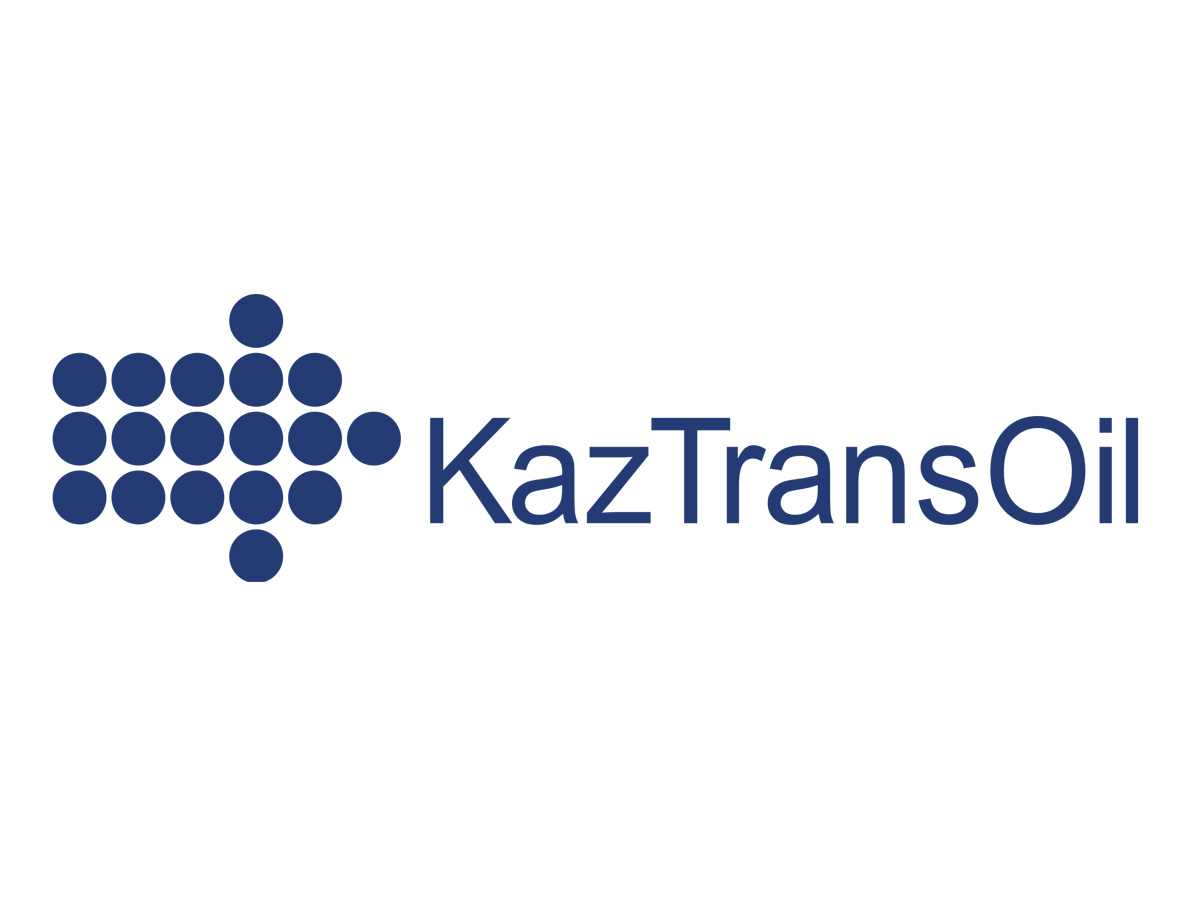Baku, Azerbaijan, Feb. 20
By Elena Kosolapova - Trend:
Standard & Poor's Ratings Services lowered its long-term corporate credit ratings on Kazakhstan-based oil pipeline operator KazTransOil (KTO) to 'BB+' from 'BBB-'.The outlook is negative, Standard & Poor's said Feb. 20.
The rating actions follow the downgrades of Kazakhstan on Feb. 9, 2015 and KazMunayGas NC JSC (KMG) on Feb. 16, 2015. The downgrade of KTO reflects the agency's view that its rating is capped at the level of that on KMG, KTO's status as a "strategically important" subsidiary of the KMG group, and S&P's view that there is a high likelihood that KTO would receive timely and sufficient extraordinary support in the event of financial stress.
S&P assumes that this would likely come directly from the government, rather than from the parent. Therefore, we determine the corporate credit rating on KTO based on its stand-alone credit profile (SACP) plus uplift for potential government support.
In accordance with our group rating methodology, the rating on KTO is currently capped by the rating on its parent, KMG. We currently assess KMG's SACP as 'b', the statement says.
KTO's "strategically important" status within the KMG group and its importance to the government of Kazakhstan are underpinned, in S&P's view, by the company's role as the main oil pipeline network operator in the country.
S&P considers KTO's role for the government to be "very important" and the link between the company and the government to be "strong," albeit indirect.
S&P currently assesses KTO's SACP as 'bb+' based on our "fair" business risk profile and "modest" financial risk profile assessments of the company.
KTO has a solid market position and limited competition from rail and tanker transport, owing to Kazakhstan's land-locked location, geographic isolation from the Caspian Sea, and the low cost of pipeline transportation. However, S&P assesses country risk in Kazakhstan as "high," and we consider tariff regulation to be opaque and irregularly revised.
The KTO group has a favorable debt structure, in our view, given that all of its outstanding debt is currently at the level of the operating subsidiaries and joint ventures. KTO also enjoys good financial flexibility, thanks to its adequate cash position, potential to defer most of its new projects, and available borrowing capacity. In 2015, S&P expects KTO to continue generating strongly positive free operating cash flow (FOCF) on the back of the tariff increases that took place in 2014.
S&P thinks that KTO's sizable accumulated cash balances cover all existing investment projects and allow for high dividend payouts. The company's main weaknesses include its potential involvement in new construction projects, which might result in weakened credit metrics and a more aggressive financial risk profile, and its exposure to potential dividend pressure from the parent.
In the base-case scenario for KTO, S&P assumes:
• About 6% revenue growth in 2014-2015 and flat in 2016;
• Flat EBITDA margins of about 53%-55%;
• Capital expendituresof Kazakhstani tenge (KZT) 30 billion-KZT70 billion per year in 2014-2016; and
• Dividends of KZT35 billion-KZT45 billion in 2014-2016.
Based on these assumptions, S&P arrives at the following credit metrics:
• Positive FOCF generation of KZT20 billion-KZT60 billion in 2014-2016; and
• Debt/EBITDA ratio of less than 1x.
The negative outlook reflects that on the parent, KMG. In accordance with our group rating methodology, the rating on KTO is capped by the rating on KMG, and if the parent's rating is further downgraded by one notch, that most likely would lead to a similar rating action on KTO, the statement says.
S&P also could lower the rating if KTO were to undertake new investment projects requiring significant external borrowing, resulting in weakened credit measures (for instance, the debt/EBITDA ratio sustainably exceeding 1.5x without plans from the company to improve metrics), or if we were to see substantial unfavorable changes in new contracts with customers, the statement says.
However, S&P notes that if the local currency sovereign rating on Kazakhstan stays at 'BBB', KMG's rating remains 'BB+', and our views of KTO's likelihood of state support and group status are unchanged, we would have to revise the SACP of KTO down to as low as 'b+' to trigger the rating downgrade. That might stem from a substantial increase in leverage on the back of heavy investments or dividends to levels commensurate with aggressive financial risk profile (with debt/EBITDA exceeding 4x, for instance) or a significant deterioration in liquidity, which is currently not a part of our base-case scenario, the statement says.
Indications of weaker support or negative interference from the parent or the state could also put pressure on the rating. The rating on KTO does not currently benefit from any uplift for the government support as its SACP is 'bb+', so any downgrade following such negative interference would be the result of weaker credit metrics, the agency says.
S&P would be unlikely to revise the outlook on KTO back to stable unless we took a similar action on the parent company.
---
follow the author on Twitter: @E_Kosolapova






